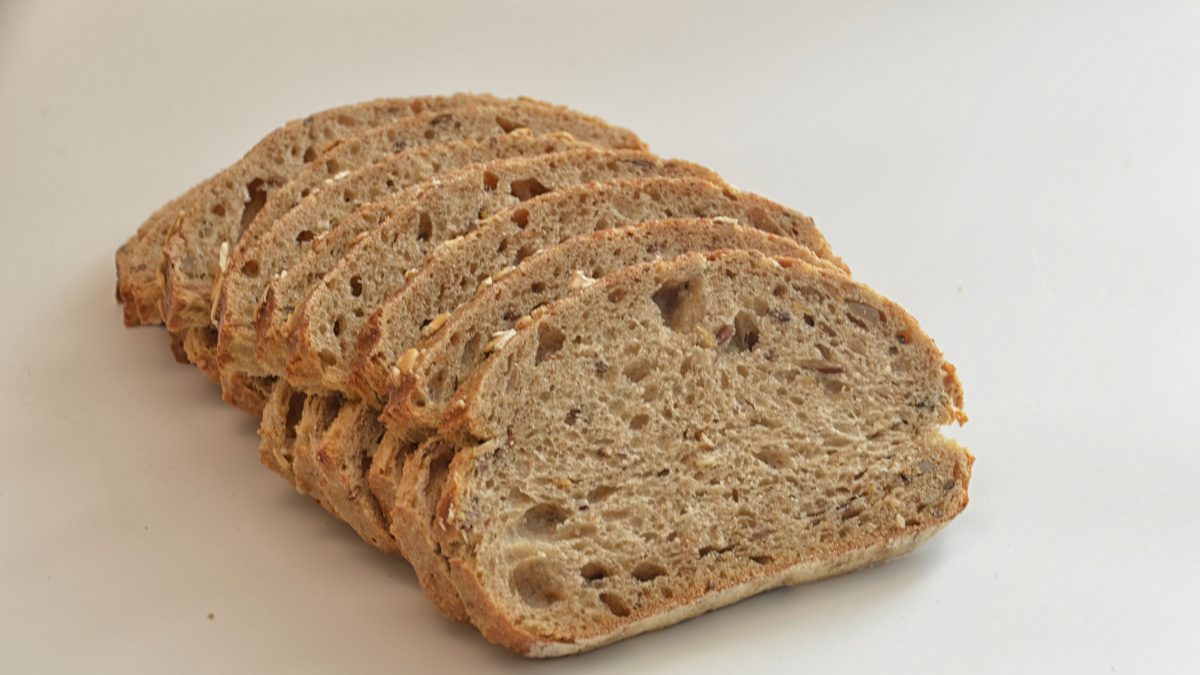Gluten: Fashion or Allergy?
In supermarkets the amount of gluten-free foods has increased more than 10 times in recent years. The reason? Despite the fact that less than 1% of the population in Mexico is allergic to gluten, a study at Harvard University showed that 30% of the population acts as if they had this condition.
Celiac disease
It is a disease in which the consumption of gluten damages the intestinal lining and the immune system reacts in different ways, such as: fatigue, nausea, vomiting, diarrhea, stomach inflammation, anemia, growth retardation, abdominal pain or even patient has no symptoms.
What foods have gluten?
Gluten is a type of protein found in wheat, rye, triticale, barley, spelled, and sometimes oat products can also contain gluten. However, you should pay close attention to the labels because it can also happen that although the product does not contain any of the above ingredients, it has had contact with materials that contain remains of the aforementioned cereals.
Diagnosis
If you are wondering, why are there more and more celiacs? The answer is that science and technology have made it possible for more and more people who attributed their symptoms to other causes to become aware of their allergy and to improve their quality of life. However, due to the information boom, there are many people who may be confusing gluten intolerance with celiac disease.
Due to the above, to declare a person celiac, it is necessary that they test positive in at least 4 out of 5 tests: clinical suspicion issued by a specialist, blood study to validate the presence of antibodies (serology), genetic tests (that a relative is celiac does not confirm the disease in the rest of the family members), collect samples from the intestine to check for damage (duodenum jejunal biopsy) and a gluten-free diet (removing the allergen shows an immediate improvement in stomach problems ).
Celiacs, are they born or made?
This question becomes relevant due to people’s eating trends. The answer is that people with celiac disease are born with a genetic predisposition to develop this disease. What does this mean? That different factors such as diet, environment, stress and the defenses of the immune system will influence how and when the person will develop the disease.
Author: Nerissa Álvarez
Review by: Betzabe Guido
References
Assistance to Celíaco de México A.C. (s.f.). Celiac disease Acelmex.org.mx
Rosary. (2012). Celiac disease Kidshealth.org
Federation of Celiac Associations of Spain. (s.f.). Celiac Disease. Celiacos.org
Salcedo, I. (2019). Gluten free food. The fashion label? Vogue.es
Van Den, E. (2017). The ‘gluten-free’ fad increases the risk of diabetes. Elpais.com
As a result, the medical information provided in the site which you are going to visit may not be appropriate for product use in your country.

